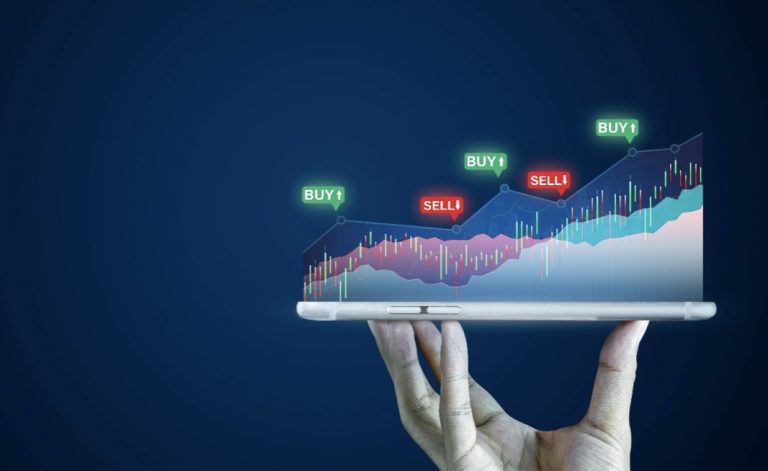The foreign exchange (forex) market proves to be one of the most popular ways to invest, since it can present traders with great opportunities to profit. The market can be extremely volatile, which means prices are highly susceptible to influence from external factors, and can fluctuate dramatically.
These factors can include, but are not restricted to:
- Releases of economic data — nonfarm payrolls, for example.
- Political events — such as elections.
- Market sentiment — a shared belief that prices will change.
You’ll want to undertake extensive research before you invest in the forex market, ensuring that you understand what can cause price movements, and how you can best use these fluctuations to make gains on your investment.
There’s plenty of things to consider before you place your capital in the forex market — in this article, we’ll cover three of the most important, to help you on your financial journey.
Story Stages
1. Choosing a currency pair
When you invest in the forex market, you’ll be trading currency pairs, and their value can be determined by comparing them directly against one another. For example, you may see the likes of the British Sterling (GBP) traded against the US Dollar (USD) — one of the most popularly traded pairs.
This will be displayed using the code GBP/USD and in this instance, the value of the Pound is based upon how many Dollars you would need to buy one Pound. In each pairing there is a base and a counter, or quote, currency. In this example, Sterling is the base currency and the Dollar is the counter currency.
When considering which currency pair you’ll invest in, there are a number of things you should take into consideration, including trading hours.
The forex market is open for trade 24 hours per day, five days per week. Since there are different time zones to contend with, currencies are active at different points of the day. For example, two of the most actively traded pairs — the Australian Dollar (AUD)/USD and the USD/Japanese Yen (JPY) — are most active in the early morning. You should try to choose a pair that’s most active when you are available to watch the markets.
Some other things you will want to consider when choosing a currency pair are:
- The cost per trade
- The volatility it experiences
- Your financial goals
2. Use a strategy
To help maintain focus and stay on track when trading in the forex market, you’ll want to consider implementing a strategy. This involves deciding upon which data you want to analyse to inform your decisions in the market.
There are two types of analysis — fundamental and technical. Fundamental analysis involves looking at the economic health of a nation in order to deduce the strength of its currency. Technical analysis however, involves studying charts and the market’s past performance, in order to identify patterns that can help you to make predictions about future price movements.
You can learn more about basic forex trading strategies from Plus500, for example, and there are plenty of different strategies for you to choose from, including:
- Day trading
- Swing trading
- Position trading
- Scalping
The most important thing to remember is that there is no ‘one size fits all’ approach, and you should choose a strategy that best suits you.
To help, you could open a demo account and practice trading without investing your own capital, sampling different strategies to gage which works best for you.
3. How to invest
The final thing that you’re going to want to consider, is how you want to invest. Since you can use an online forex trading platform, you’ll have many trading options available to you. These can include:
- Currency futures contracts;
- Currency options;
- Currency exchange-traded funds;
- Forex spread betting;
- And finally, forex contract for differences (CFDs).
One of the most popular ways to invest is using CFDs, since these will enable you to open a position in the forex market without owning the underlying asset itself.
Instead, you will form a contract with a forex broker and trade on the difference in value of this agreement, from when the contract begins to its close. So, that’s why the broker’s role in trading is so important, they help traders to navigate the market and make informed decisions. Also, they provide traders with real-time information and strategic guidance to help them navigate the ever-shifting landscape of the market. Though prices may be unpredictable in the short term, having a knowledgeable broker on your side can make all the difference when it comes to long-term investment success. So, If you are interested, you may read more about Forex‘s top brokers at TopBrokers. This will enable you to explore benefits like trading on the margin and using leverage, to gain a greater position in the market, without investing such a large portion of your own capital.
